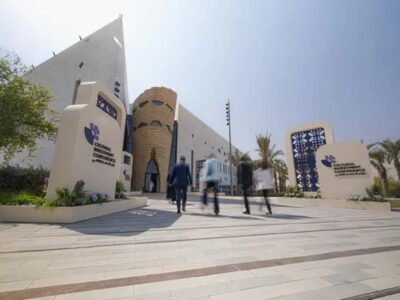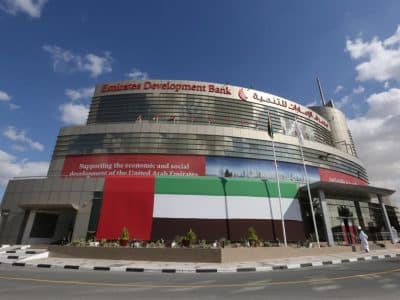More than two-thirds (84 per cent) of employees across the UAE and Saudi Arabia take pride in their work and company, indicating strong alignment with organisational goals, according to workplace culture consultancy together.
Its “2024 Workplace Culture Report” provides insights into workplace dynamics across the two markets, reflecting the motivators and challenges shaping today’s workforce.
Based on the responses from more than 7,700 employees through surveys, focus groups, and interviews, the findings highlight the critical role of employee recognition, accountability, and achievement in driving workplace culture and organisational success, aligning with national ambitions such as the “We the UAE 2031” vision and Saudi Vision 2030.
UAE and Saudi workplace culture
Accountability (28 per cent), achievement (26 per cent), and commitment (25 per cent) were identified as the top personal motivators across employees in both markets, reflecting a strong desire to do great work and honour responsibilities.
These motivations translate into everyday work, where 33 per cent of employees reported experiencing achievement in their workplaces, and 25 per cent experience customer satisfaction, driving great pride in their work or companies.
Additionally, 59 per cent of employees express high or very high confidence in their employer’s market position, reinforcing a sense of optimism and trust in their organisation’s future.
Despite the strong sense of pride and belonging, the report also underscores areas for improvement.
Among these, middle managers emerged as a group requiring greater attention. Managers play a critical role in shaping organisational culture, yet middle managers face the most significant engagement deficit, with 30 per cent reporting control as a top negative workplace experience.

Additionally, gaps in coaching, mentoring, and employee fulfilment rank among the most significant challenges for this group.
The findings suggest that middle managers often lack the support needed to effectively lead and recognise their teams, highlighting a critical opportunity for organisations to empower this pivotal workforce segment.
Lucy d’Abo, CEO of together, said: “We are excited to introduce the first full regional analysis of workplace culture: The together 2024 Workplace Culture Report. It provides a detailed look at what drives employees in the UAE and Saudi Arabia.
“Increasingly, we see leaders in the region asking how they can address gaps in their workplace culture and boost performance. While there’s no one-size-fits-all solution – each company has unique challenges and opportunities, this report highlights some common themes.
“However, we do encourage organisations to identify their own tailored metrics and take a data-driven approach to enhance culture and engagement.
“With 84 per cent of employees stating they are proud of their work and companies, there is an excellent potential for creating more cohesive and engaging workplace cultures”.
While many positives were identified, challenges remain. For instance, 67 per cent of employees believe performance evaluations are unfair, and 40 per cent feel their leadership does not care about them.
Although 72 per cent report a sense of belonging, only 37 per cent would recommend their employer as a great place to work.
Additionally, one in three employees desire recognition, while none reported experiencing it amongst the top 20 workplace experiences, marking the most significant culture gap.
Additionally, employees across markets continue to have a high desire for balance (home/work), with one in four employees wanting it in their future culture, making it the second biggest deficit in the workplace today.

Sarah El Ashmawy, Culture Consultant at together, said: “This report explores the shifting priorities of working individuals today, highlighting that recognition and flexibility are among the fast-growing critical drivers of employee satisfaction.
“By focusing on these priorities, businesses in the UAE and Saudi Arabia can unlock higher levels of employee engagement, foster innovation, and contribute to national growth agendas.”
The together 2024 Workplace Culture Report serves as a roadmap for organisations looking to enhance their workplace cultures and drive long-term success.
The assessment spans both the UAE and Saudi Arabia, covering a wide range of company sizes, from 70 to 5,500 employees, across seven key industries:
- Finance and Investment
- Government
- Automotive
- Renewable Energy
- Hospitality
- Media
- Logistics







